We tend to want to walk outside more and going to the beach sounds so appealing. The right amount of sun is good for our health, but you need to take it moderately because ultraviolet rays have harmful effects on your skin.
To better control and enjoy the benefits of the sun, you need to take special care. As a kidney patient, you should be alert and cautious to prevent future problems. Kidney patients can also take advantage of these days, but should be particularly alert to the dangers of dehydration, which worsens kidney function.
For most of us, holidays go hand in hand with sun, beach, sea, pool and heat. However, you should never forget that it is on the beach or in the pool that you will be exposed to the sun and, as such, you should be alert and cautious to prevent future problems.
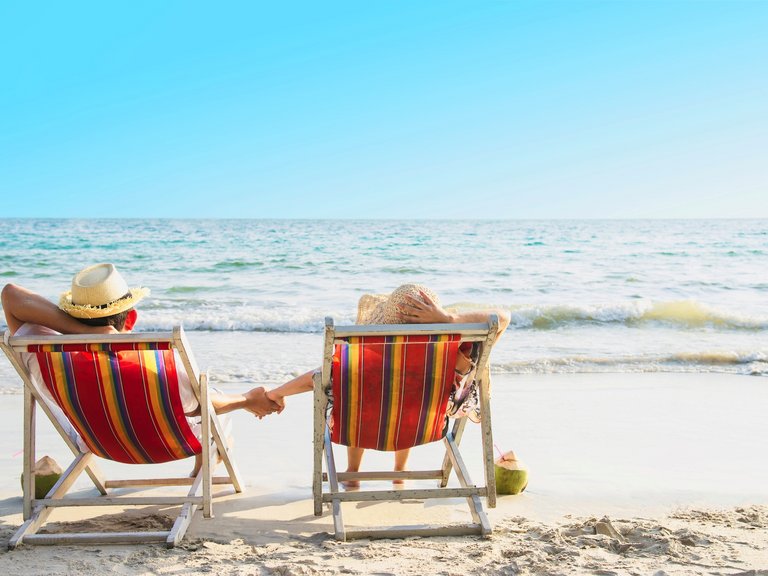
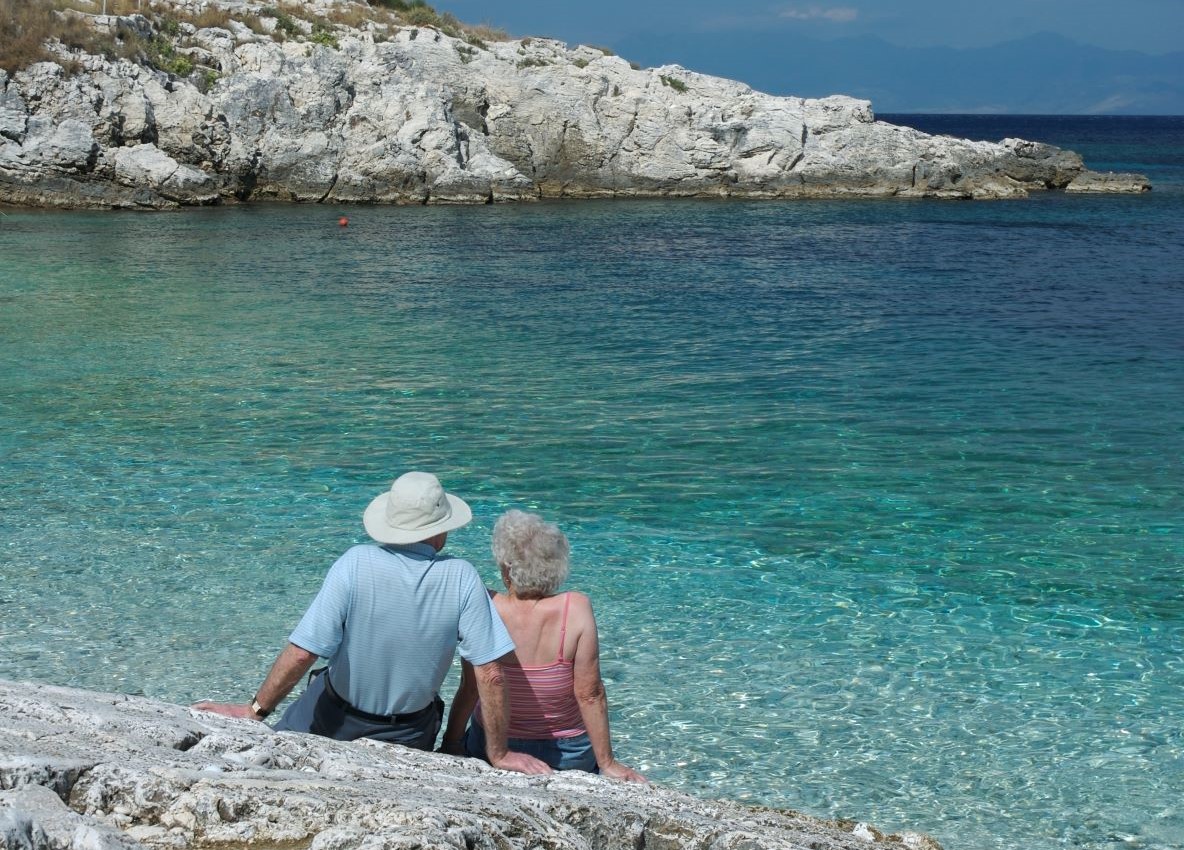
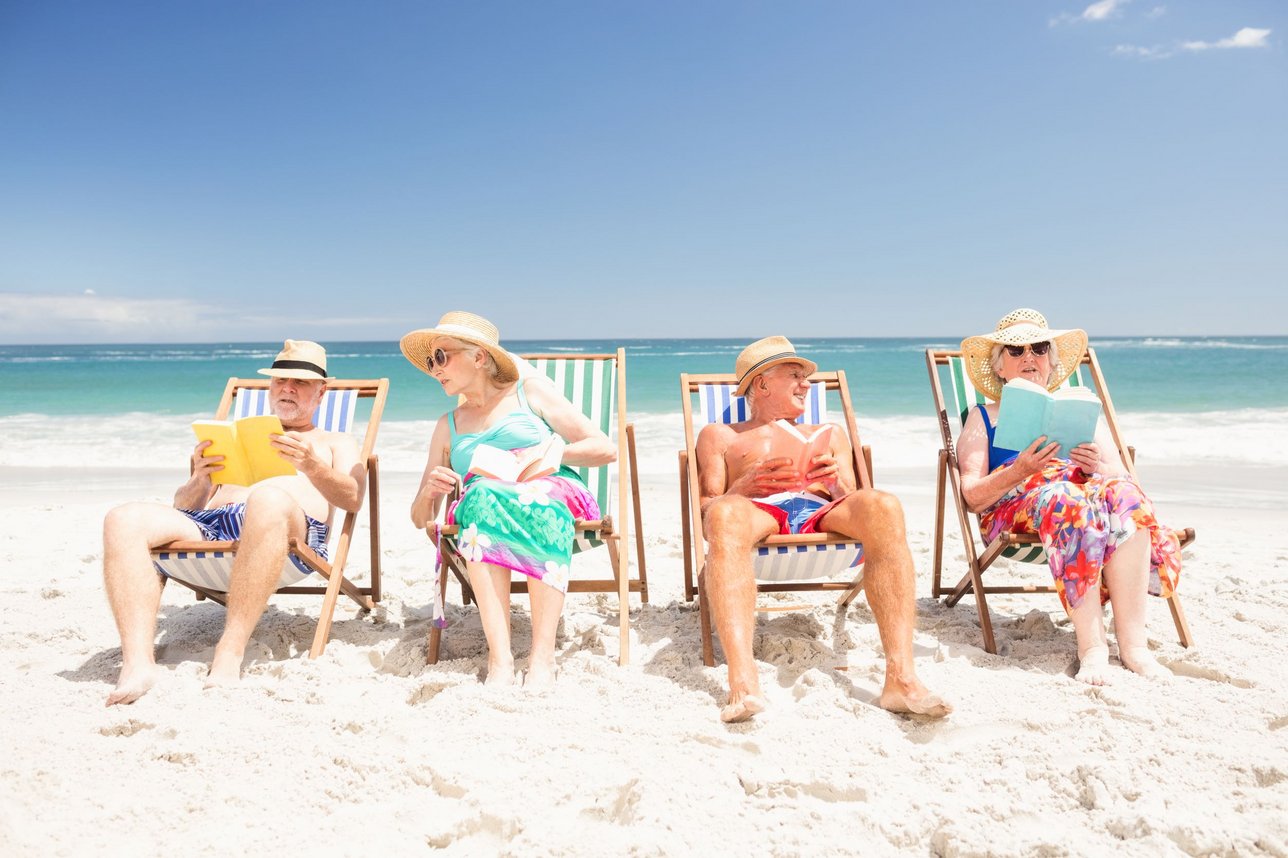
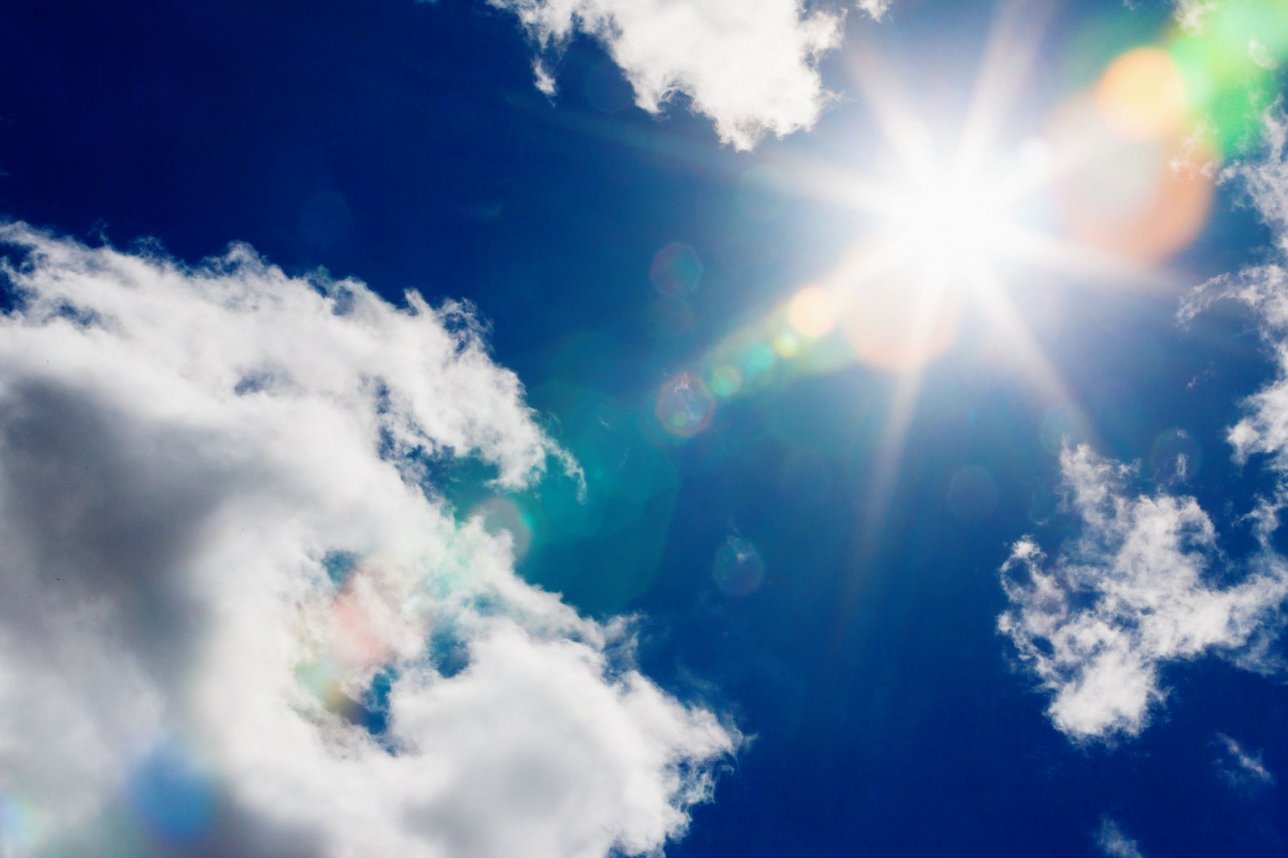
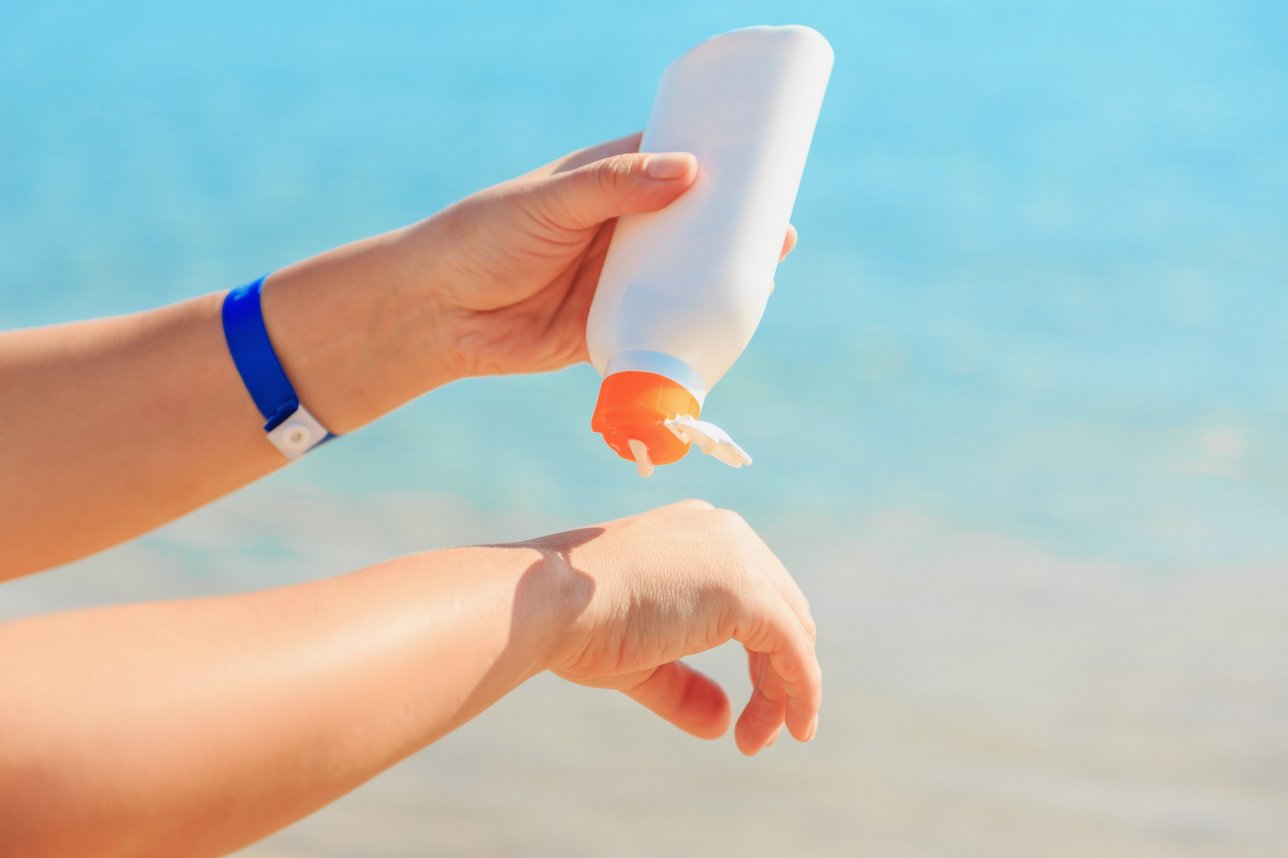
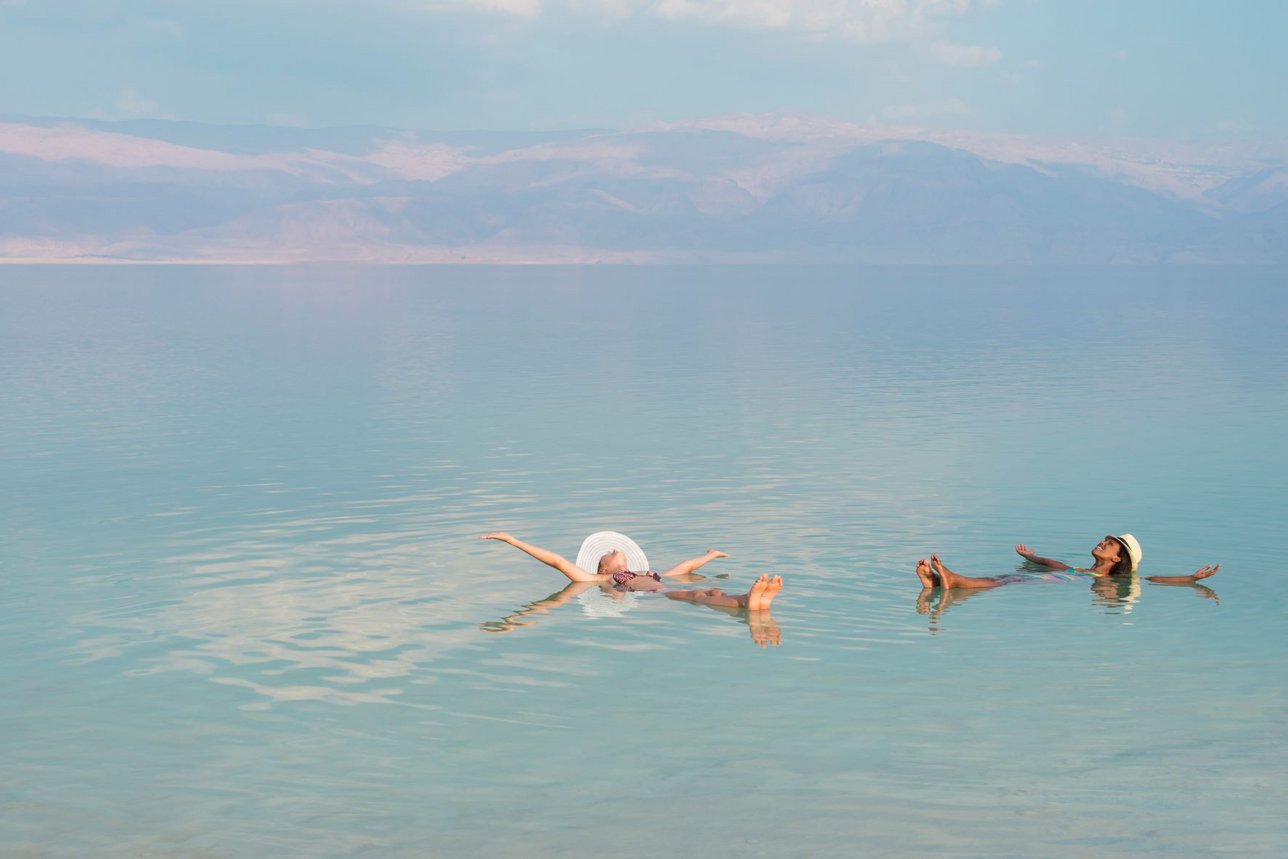
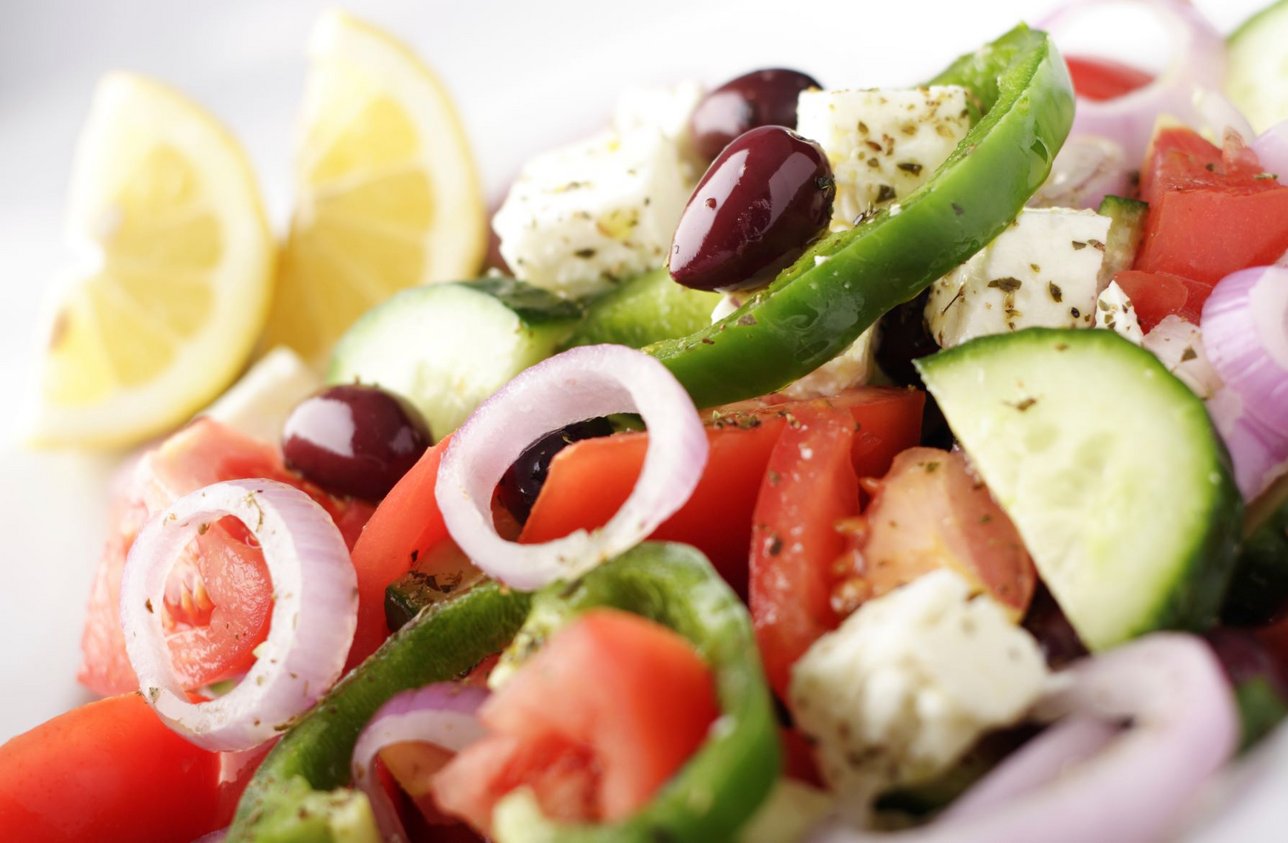
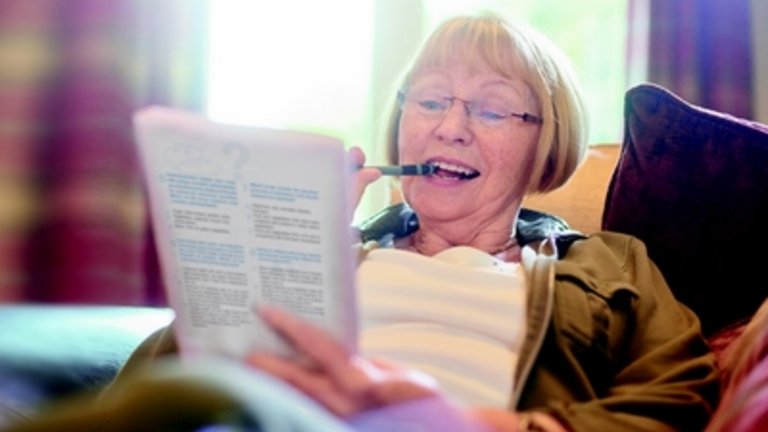
![[Translate to COM English:] [Translate to COM English:]](/fileadmin/_processed_/b/6/csm_Stir-fried_Chicken_homeTeaser_453c12faa7.jpg)